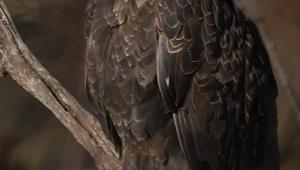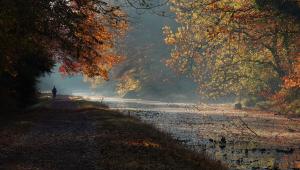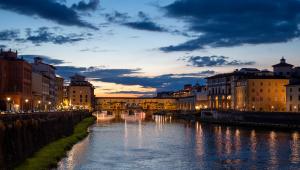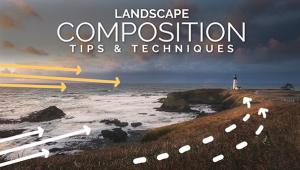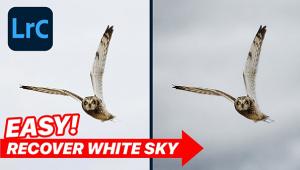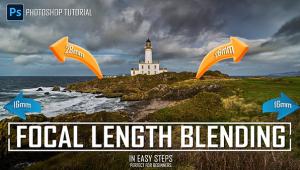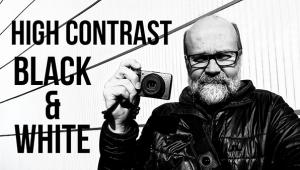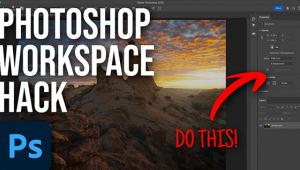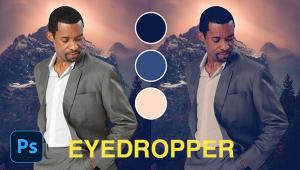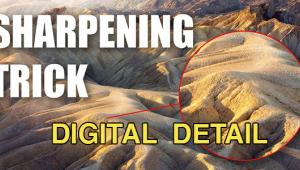I'm trading my Cannon 10D for a Minolta 7D. The lenses are lower priced and just as good. I wish someone would do a review on the 7D this month.
Please comment briefly on experiences you might have had with image stabilization systems, good or bad.
- Log in or register to post comments

My Nikon 80-400mm VR zoom has made it possible for me to get sharp images hand held at shutter speeds down to 1/60 of a second at the 400 mm setting something that would have been nearly impossible without the viration reduction feature. The extra cost of this lens has been worth every penny.

Though image stabilization offers a distinct advantage when shooting at low shutter speeds, as I have found for myself, this is nothing that can't be accomplished simply and effectively through conventional means, effectively making the extra cost of VR lenses unsubstantiated.

The primary area where image-stabalization makes sense to me is wildlife photography. As I do not participate in this field, I see no need for the added expense of image stabilization on a lens. When I shoot flowers, I can get along fine with a tripod. For some, image stabilization is a must, but not me.

90% of my work is on a tripod, so it is of little benefit to me to have stabilization lenses. I think that it is more cost effective and easier to use a faster lenses or iso than deal with gimmicks. I would almost wager that these solutions, or flash that freezes action anyway, would be sufficient for the average shooter.

I recently moved up to a Canon 300D from an Olympus 2100UZ with image stabilization. The change is amazing. I was used to getting usably sharp focus down to 1/50 from a handheld shot. (Yes, I used a tripod whenever possible, but for many news situations, it's not practical. Since the upgrade, it's been a bit frustrating that there isn't an IS lens that's close to affordable for the 300D. The higher ISO helps, but doesn't make up for the lack of IS. I'm currently using the Promaster 28-300 and results are definately mixed.

I shoot mainly small jazz concerts where flash is too distracting to the performer and audience or the atmosphere of the shot. Sometimes flash is just not convenient. I currently have 2 VR lenses from Nikon that work extremly well for me, the 70-200 2.8 AFS VR and the 80-400 4.5-5.6 VR. I really wish they made the 17-35 2.8 AFS with VR. while Nikon does have a 24-120 VR in their line it's a 3.5 -5.6 and my experience with the 80-400 is that focusing in low light is just too iffy and it's noisey. If their going to make the lens with VR they should use the silent wave motor for focusing.

IS needs to mature. I find that only a small percentage of my digital captures are really usable when I have to rely on IS, given the shooting situation. This is NO substitute for a tripod when 1) light is really low (dark churches) or 2) you must get the shot.

After reading review after review singing the praises of Image Stabilization, it is obviously one of those features that consumers have come to expect. Minolta seems to be leading the way with it's Maxxum 7D SLR "Body-Integral Anti-Shake System". With the "body" stabilized, ANY Minolta lens will work, as opposed to Nikon's "VR" series of very expensive, and very heavy lenses. Nikon and Canon would do well do follow that lead and improve upon it...at a reasonable price.

I just purchased a Canon 70-200 F2.8L usm lens but could not justify the 50% increase in cost for the IS feature. I used the lense at a Rugby tournament this weekend and found that depth of field was more important that the IS feature. I enjoy your magazine!

At longer focal lengths it is absolutely necessary if one does not carry and use a tripod. Almost all of the advances with digital photography deal (or should) with quality and besides better sensors (less noise at higher iso) this is the next most important thing.











